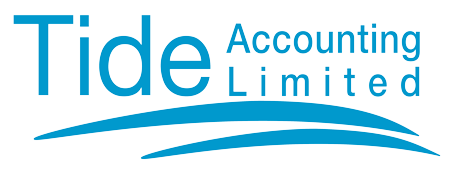Capital Gains Tax (CGT) is normally charged at a simple flat rate of 20% (but see comments below) when you sell shares unless they are in a CGT free investment such as an ISA or qualifying pension. Your gain is usually the difference between what you paid for your shares and the amount received when you sold them.
There are special rules for working out the cost of your shares if you sell:
- shares you bought at different times and prices in one company;
- shares through an investment club;
- shares after a company merger or takeover; and
- employee share scheme shares.
If you only pay basic rate tax and make a small capital gain, they you may only be subject to a reduced CGT rate of 10%. Once the total of your taxable income and gains exceeds the higher rate threshold, the excess will be subject to 20% CGT. There is also an annual CGT exemption. In the current (2024-25) tax year you can make £3,000 of gains before paying any CGT. The limit in 2023-24 was £6,000. The allowance applies to each member of a married couple or civil partnership.
The usual due date for paying any CGT you owe to HMRC on the sale of shares is the 31 January following the end of the tax year in which a capital gain was made. This means that CGT for any gains crystalised before 6 April 2025 will be due for payment on or before 31 January 2026.
The normal way to report a gain on the sale of shares is to complete the relevant sections of your Self-Assessment tax return in the tax year after the gain was made. When calculating your gain, you can deduct certain costs of buying or selling shares such as stockbrokers’ fees or Stamp Duty Reserve Tax when you bought the shares.

